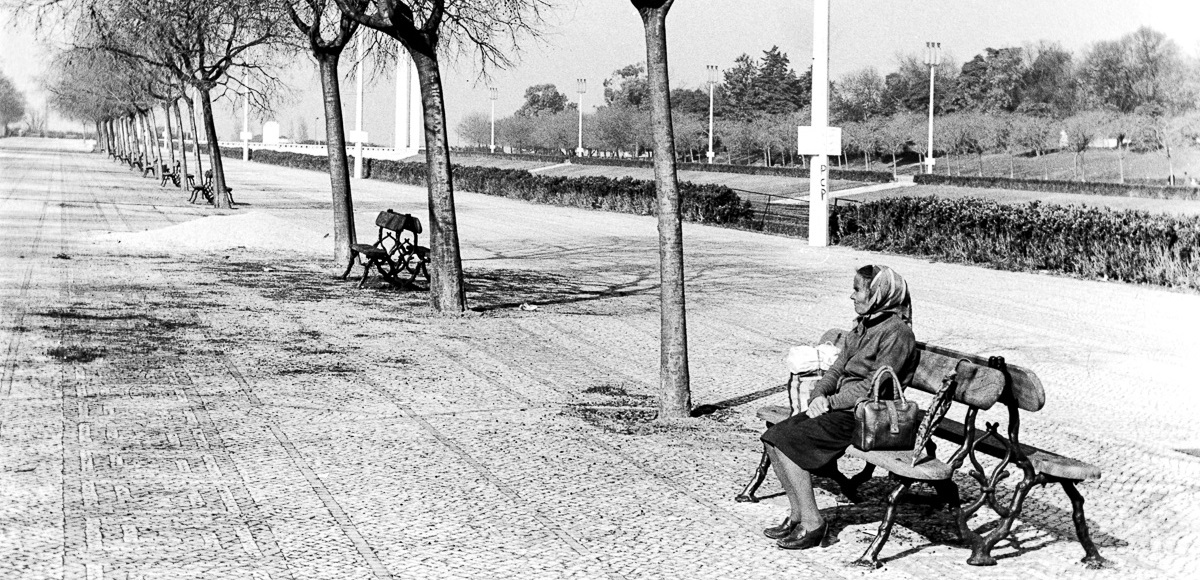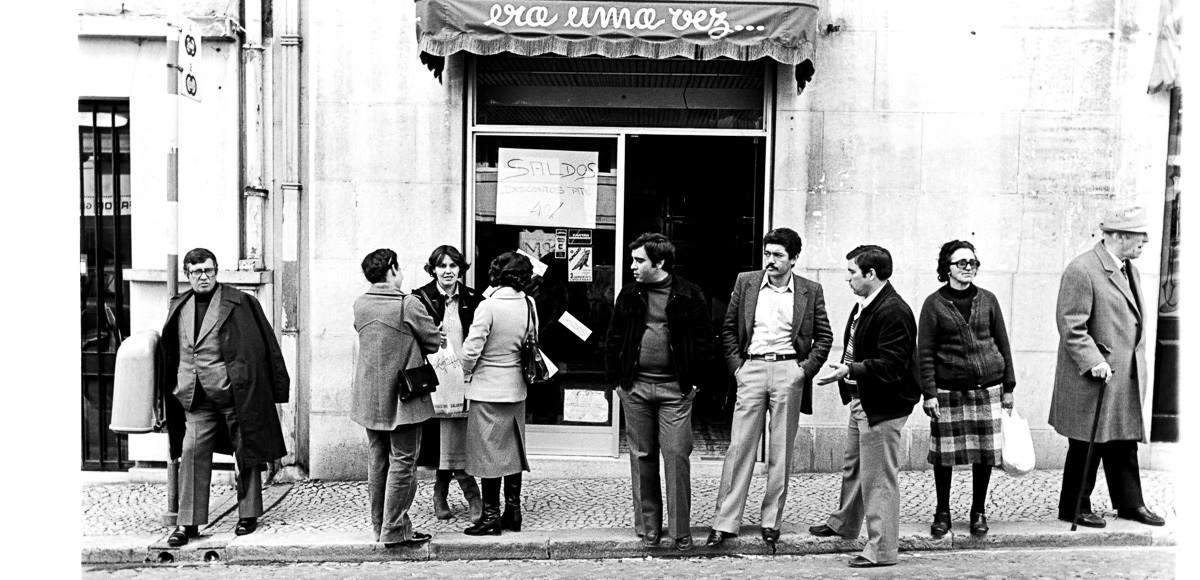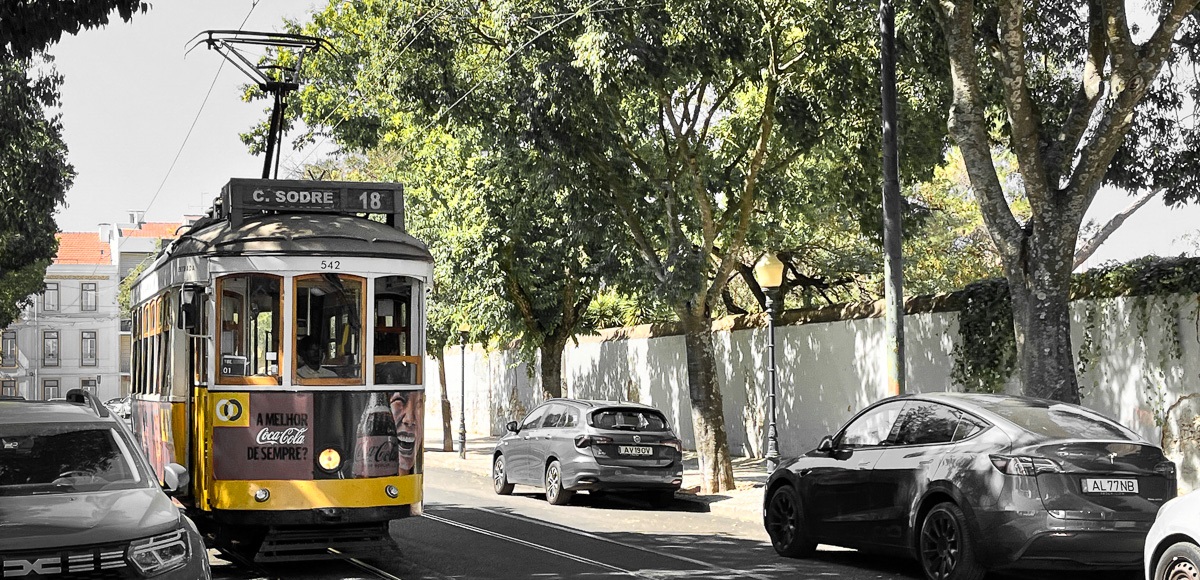1.
In Portugal, the English word ‘home’ does not really describe what the Portuguese experience. Over here, we have houses. The atomistic, self-enclosed sense of ‘home’ is not really what the Portuguese feel on a daily basis—our casas expand laterally through a kind of grey zone between kinship and residence. The Portuguese domestic experience is marked by a Strathernian kind of partibility. I have encountered this ethnographically in Portugal in many different manifestations.
To exemplify what I mean, let me simplify the matter by using a rural/urban polarization. There is in Portugal a strong homogamic proclivity—for marrying people like us. In rural contexts, this leads to local endogamy, which means that, over time, most local agglomerates of houses also turn out to be agglomerates of cousins. The Brazilians have a marvellous expression for this: they say the children’s houses are ‘pulled out’ (puxadas) from the houses of their parents. This sense of organic continuity, over time, gives rise to networks of proximity. This means that the relation between the paternal house and the filial houses that grow around it is not atomistic but evolves through a process of gradual separation and dissolution of bonds of communal interest. Eventually, typically, when they no longer have the grandparental link, the very proximity and confusion of property rights lands up breading hatred and violence.
In urban contexts, however, the process is not quite the same, as many people live in apartments and rented accommodation. These do not allow for the sort of long-term spatial contiguity that marks the rural world. In towns, we find that familism manifests itself through the exertion of strong pressure for matrilateral proximity. Living close to the mother-in-law is not a formal law in any rulebook, but it is for sure the most closely followed norm of Portuguese urban life.
So now, you ask, what does this have to do with the pandemic? Well, I can see two implications to start off with. Firstly, the need to isolate within walls and to close-off one’s daily interaction with grandparents, aunts, in-laws, and cousins is causing enormous discomfort. The Portuguese resist it, of course—so the result is that the chains of domestic infection are reproducing at an ever-faster rate. Secondly, the closing in of children within homes is changing the previous modes of embodied closeness—both with cousins and with friends at school. The new forms of online connection do, to a point, reproduce familial lines but soon they open up beyond local networks, de-localising children’s experiences and promoting a sense of distance from the local political environment.
One thing, however, is patently the result of the pandemic: wealth differences are being exacerbated. Over the 1990s and 2000s, there was an equalisation of Portuguese society, associated to the rapid increase of populational levels of literacy. This was quickly and brutally reduced by the pandemic. Because middle-class houses are larger and their children have more online means, they are not as crammed in on top of their co-residents, which reduces levels of psychological stress. It is not for any reason that gypsy populations in the south have seen some of the higher outbursts of Covid infection in the country—this is a matter, which, of course, the media systematically underreports.




2.
In Portugal, the opposition to lockdown measures has been soft. The Christmas breakdown, which is largely responsible for the present calamity level of infections, was a revolt, of course, but it was a silent revolt. In other European countries, however, such manifestations have had an enormous impact. In Denmark, for example, the young anti-lockdown demonstrators marched through Copenhagen yelling “We are Denmark!” By stating that, they meant that they feel excluded from the rights of citizenship that they are due. In the Netherlands, it was all much darker. The demonstrators in Rotterdam marched to the rallying cry of “Jews! Jews!” These young people from proletarian ex-industrial zones, not having a language for why they are suffering, adopted an age-old ghost for a cause.
The way the lockdown is experienced in a middle-class suburb is very different from the sense of suffocation, of imprisonment that oppresses those who have no rooms of their own, no individual cupboards, no small gardens or varandas where to play with the dog. The worst affected, of course, are the recent migrants, those who have had no time to accumulate means of protection against destitution. But they do not come out demonstrating; they do not organize secret parties to break lockdowns, as footballers and their adepts do. They do not feel empowered and they are afraid that, should they speak out, they will immediately become the nearest ghost at hand for the bands of hooligans that are willing to risk their lives and everybody else’s in stupid phantasmagoric demonstrations of hatred. Now, I call their gestures stupid advisedly, but I am fully conscious and fully sympathetic with the pain that they suffer. The fact that person A suffers more than person B, does not make the pain of person A any the less bearable.
To conclude, I fear that the results of the enclosure of homes that we are witnessing will be with us for a long time—not only in the increase of class differentiation, but most of all in the form of phantasmagoric politics. Lockdown oppression is experienced individually but it does not manifest itself individually. No one comes out demonstrating or voting for parties that are against one’s mother or against one’s arrogant neighbour. As it becomes public, the sense of grievance with lockdown oppression is depersonalised; it soon comes to appear as an external condition, a public grievance. It requires a collective explanation beyond one’s immediate oppressors. I know that I feel cramped by my mother, who prevents me from living as I want,; and I feel saddened by the rich neighbour’s lack of consideration towards me, but how do I explain the more generalised grievance that we all share?
Let no one in a few years’ time come out to say that they did not expect it: in our democratic nations, we are at risk of having our politics upended by phantasmagoric irrationality. We should start working on resolving the individual grievances as soon as we possibly can, so that they do not feed even more the already irrational levels of political victimisation that we have experienced over the past decades. The candidate who came out third in the Portuguese presidential elections this winter, made his rallying cry “let us finish with these subsidy-dependents”—those who voted for him were mostly people who are subsidy dependent but who, when they hear the expression, translate it in their minds to mean ‘gypsy’ or ‘migrant’. In short, as we have seen in these elections, home enclosure in an intensely familist society may turn out to be an important contributing cause of virulent populism in years to come.
João de Pina Cabral
Março, 2021

Fotos de Manuel Rosário










